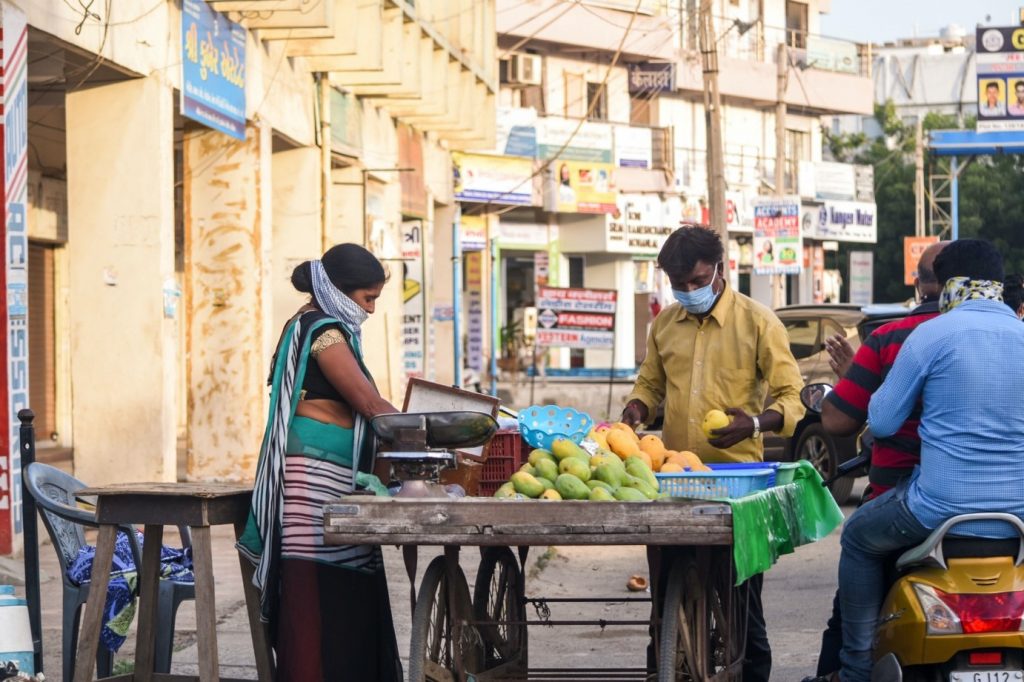Global Initiative towards post-COVID-19 resurgence of the MSME sector

A majority of micro, small and medium enterprises (MSMEs) in developing countries remain informal, operating without access to many government-supported COVID-19 benefits. Most are led by the working poor, women, youth, and other marginalized and vulnerable groups at risk of falling into poverty and falling further behind, making it imperative that MSMEs are included in the post-COVID-19 economic recovery.
Since its launch in June 2020, the project has led to the emergence of several results. In response to a request from a government in Central America, an online platform for MSMEs was created and launched with the goal of encouraging the formalization of informal businesses. The platform, which can be configured for different countries, allows entrepreneurs to register their companies online, eliminating the previously cumbersome task of queueing at multiple government offices. Since its creation, over 38,000 MSMEs have used the platform for registration and formalization, out of which 56 percent are women. The platform has also been designated as the official registration portal to access a $600 million COVID-19 rescue package put together to assist small businesses affected by lockdowns and for accessing micro-loans.
Through the project, assistance is currently being provided for the development of an online accounting and tax system which will be launched in 2022. Businesses that participate will be automatically registered with ministries, agencies, tax departments and social security funds at the national and municipal levels. The system will automatically generate required monthly and annual filings for users electronically. A common digital platform of this kind would facilitate the cross-linkage of company data with fiscal and labour data, allowing the economic and social impact of entrepreneurship policies to be measured.
By leveraging the Empretec capacity-building programme, which is designed to facilitate sustainable development and inclusive growth through the promotion of entrepreneurship and MSMEs, the project has launched a series of national live sessions in 10 countries. The objective of those sessions has been to boost entrepreneurship motivation and to provide training on how to identify business opportunities during the crisis and how to go about finding them. In addition, guiding documents to facilitate green recovery of MSMEs post-COVID-19 have been developed, including guidelines and best practices for MSMEs in delivering energy efficient products and providing renewable energy-related equipment and MSME best practices to assure resiliency and progress towards a circular economy.
In the next phase of the project, online systems will be set up in three additional countries (Mali, Benin and Togo) to enable MSMEs to safely store their personal data and administrative documents online; comply with legal obligations linked to formalization; apply for credit, insurance and technical assistance; and report on their need for government assistance within the COVID-19 context. Assistance will be provided for design and implementation of national entrepreneurship strategies, and capacity building support for policy makers will be provided through an e-learning platform which is being developed.